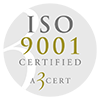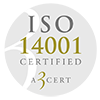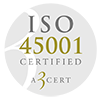Lexium Service Management förstärker med Affärsenheten Technical Management
Johnny Molén förstärker Lexium Service Management som Affärsenhetschef Technical Management.
Lexium Service Management AB har ingått samarbete med Jomotek Förvaltning AB inom fastighetsrelaterade tekniska tjänster, där parterna avser att fördjupa leveransen inom teknisk förvaltning bla med avancerat IT-stöd för verksamheter.
Johnny Molén har över 25 års erfarenhet inom Fastighetsförvaltning i ledande positioner.
Läs mer på https://www.linkedin.com/in/johnny-mol%C3%A9n-05b6…
"Vi ser fram emot att tillsammans med Johnny Molén fortsätta utveckla och leverera tekniska lösningar till fastighetsägare och kontorshyresgäster, bla med det IT-stöd för integrerade FM-tjänster som vi aktivt jobbat med i flera år”, säger Niclas Brodin, VD för Lexium Service Management.




